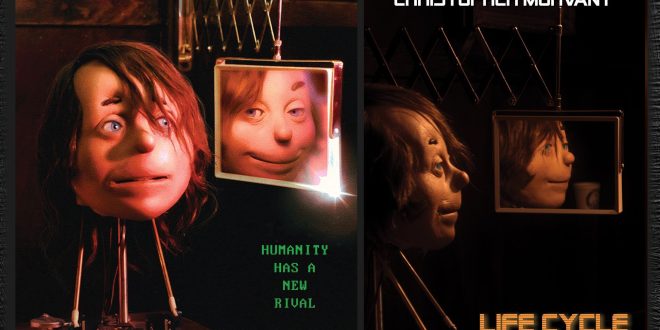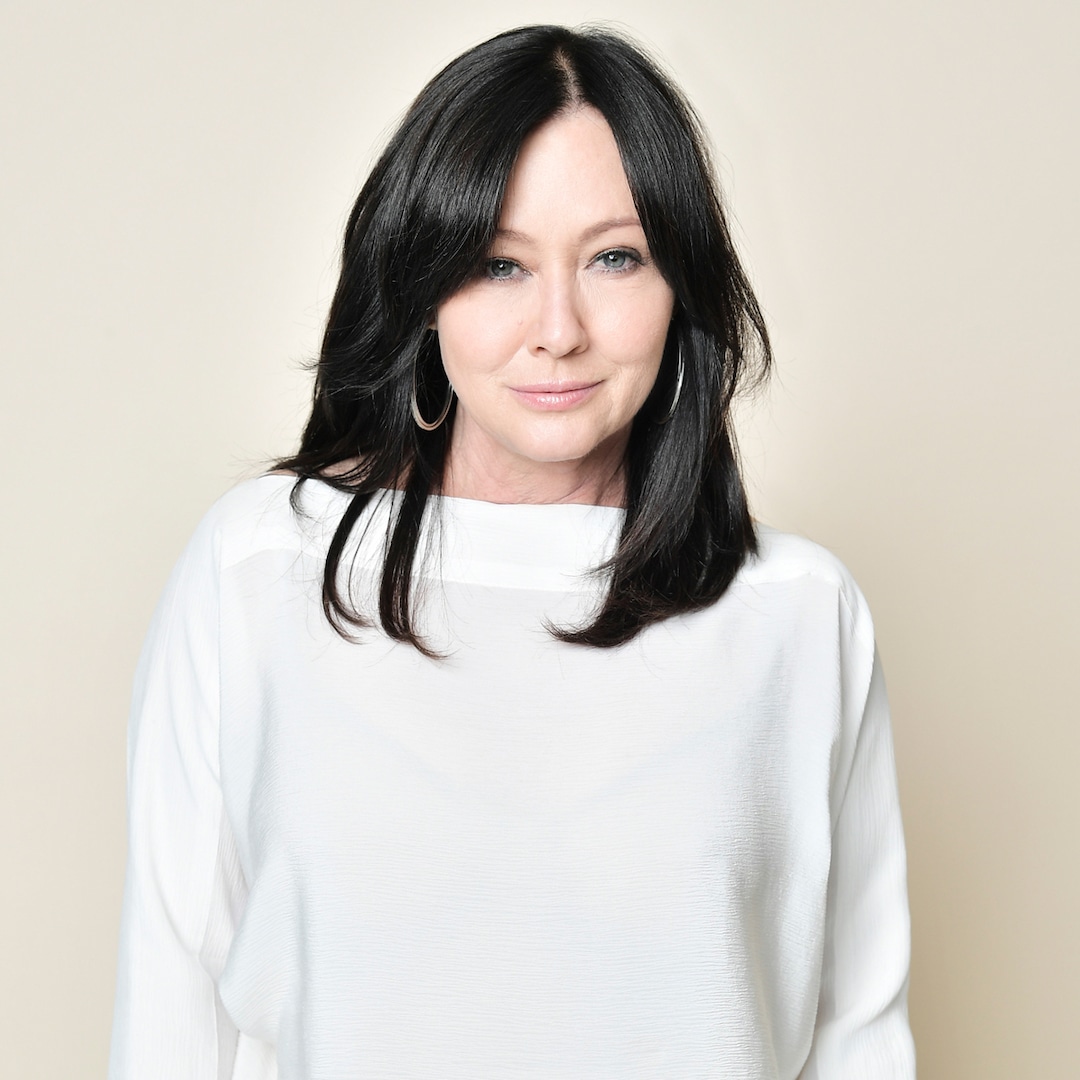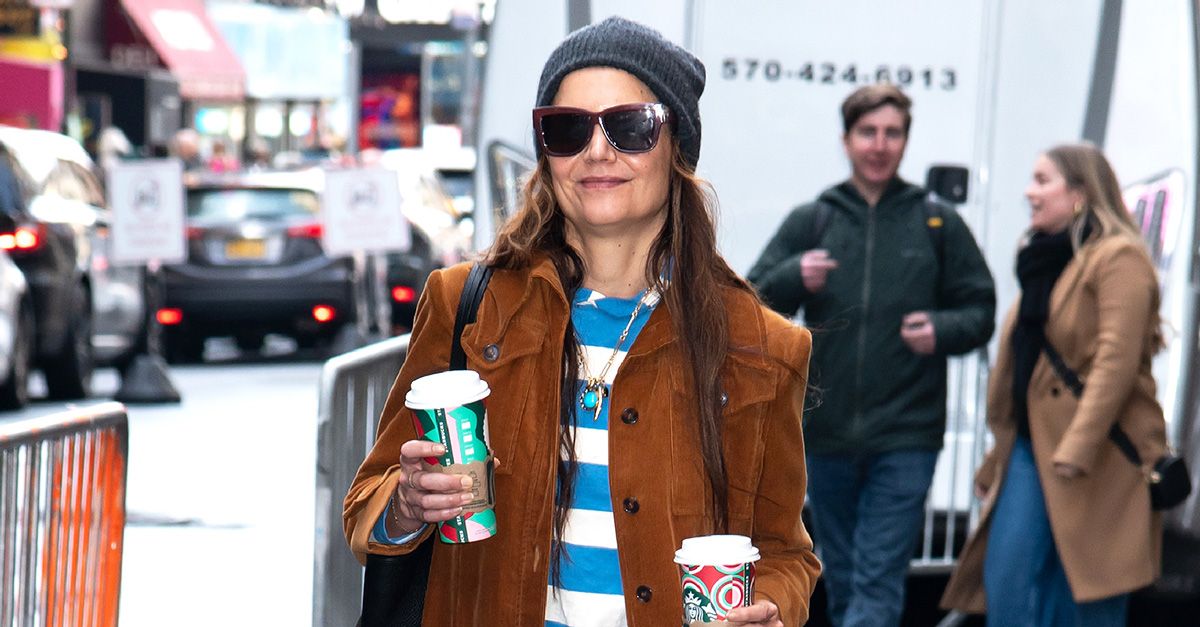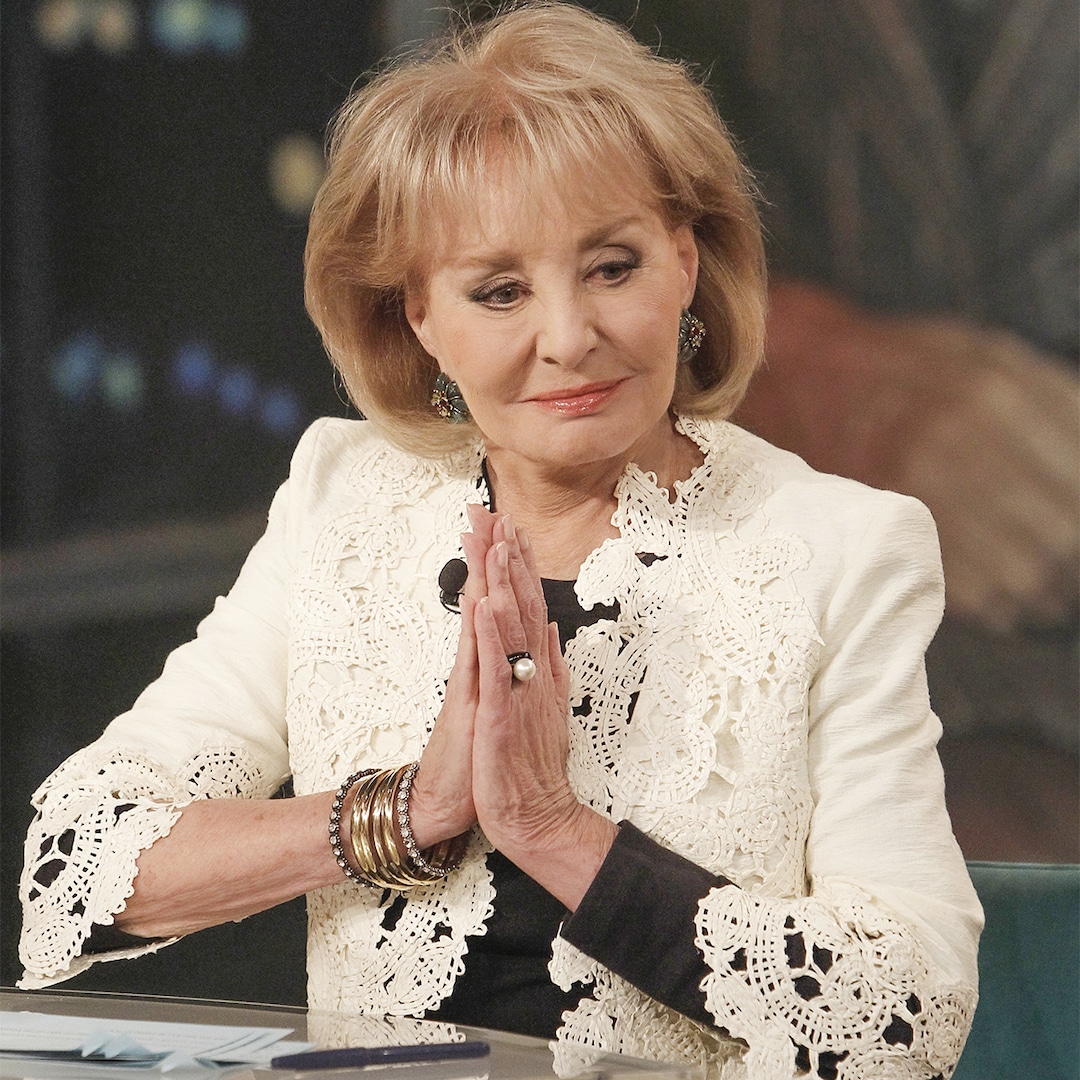Writer/Director Bomani J. Story’s feature debut, The Angry Black Girl and Her Monster, releases exclusively in theaters on Friday, June 9.
Inspired by Mary Shelley’s Frankenstein, “The movie follows a brilliant teenager who believes death is a disease that can be cured. After the brutal and sudden murder of her brother, the teen embarks on a dangerous journey to bring him back to life.”
Laya DeLeon Hayes (“The Equalizer”), Denzel Whitaker (“Black Panther”), Chad L. Coleman (“The Walking Dead”), Reilly Brooke Stith, and Keith Holliday star.
When The Angry Black Girl and Her Monster made its world premiere earlier this year at SXSW, Bloody Disgusting spoke with Story and lead actor Hayes about their righteous reinterpretation of the mad scientist archetype. The pair spoke about Shelley’s influence and playing a complex character in teen Vicaria. Ahead of the film’s theatrical release this week, here’s part two of our chat, where Story expands on his horror influences for his feature debut.
Story’s influences extend well beyond Frankenstein. When asked about the less-is-more approach to his Monster, the filmmaker reveals that he’s a huge fan and studied the classics.
“I was pulling from a bunch of different lines of great horror that I love and respect,” Story tells Bloody Disgusting. “And first off, in the book, you never really get a good description of the Monster. Like ever. She very rarely describes it. Then when you look at great horror movies like Alien, even when you’re watching it. I know everyone feels like they understand what it looks like. But if you watch that movie again, you don’t have any fucking idea what the Xenomorph looks like. You barely see the face hugger. You don’t fucking know what those things look like. You have no idea. Even in Halloween, yeah, you see him walking around with his little butcher’s knife and his mask, but you don’t know what’s behind the mask.”
Story continues, “There’s a lot of obscuring going on. Same thing with Texas Chain Saw Massacre and the most classic one is Jaws. It’s just playing with expectations and only giving you slight glimpses of certain things. It’s what I always strive to achieve with a creature, a monster, or whatever. Because I feel like if you can obscure and only give glimpses, your brain will do more work, which is the goal to me with a lot of horror. Plus, there’s a lot of stuff when I watch just once and get a huge glimpse of it. I’m like, all right, well, I’m done here. Right? It’s as if I’ve seen it, then my mind’s made up about it; I was trying to dance around that as much as I possibly could. I hope I achieved that effect.”
Story’s approach to the horror kept Hayes’ Vicaria at the forefront, emphasizing the teen’s quest to cure death. The filmmaker has nothing but admiration for his lead’s work.
Story praises how Laya DeLeon Hayes’s performance evolved the character, “She really brought the character to life because I’m not going to lie, she says a lot of scientific stuff. For Laya to be able to humanize those lines and make them feel alive; that’s a testament to her craft. So it completely changed [the film] because, in the wrong hands, you don’t know what the hell you’re going to get there.”
Through Vicaria, Hayes explores grief, rage, vulnerability, and everything in between, with the academic and street savvy to tie everything together. All in her first ever horror movie.
“This was my first, in fact, this is crazy,” Hayes confirms. “I haven’t really watched many horror movies. I watched IT with my family about five years ago. And that was scary for me. I had to remind myself that I did not live in Derry and that Derry was not a real town, and the clown was not under my bed. But I went to the theater three or four times to see it. I was obsessed with IT.
“Then growing up, I liked Insidious too. It horrified me.”

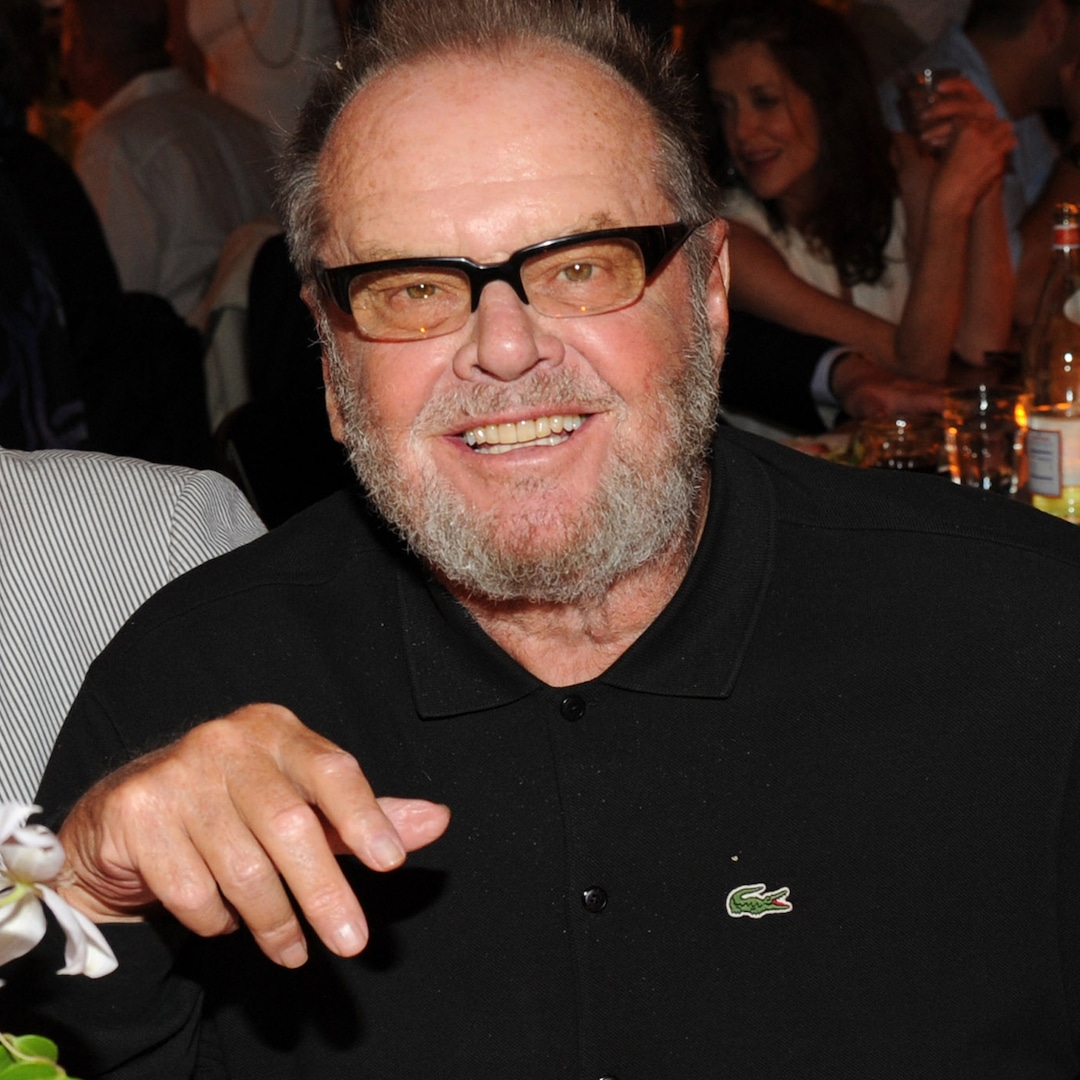


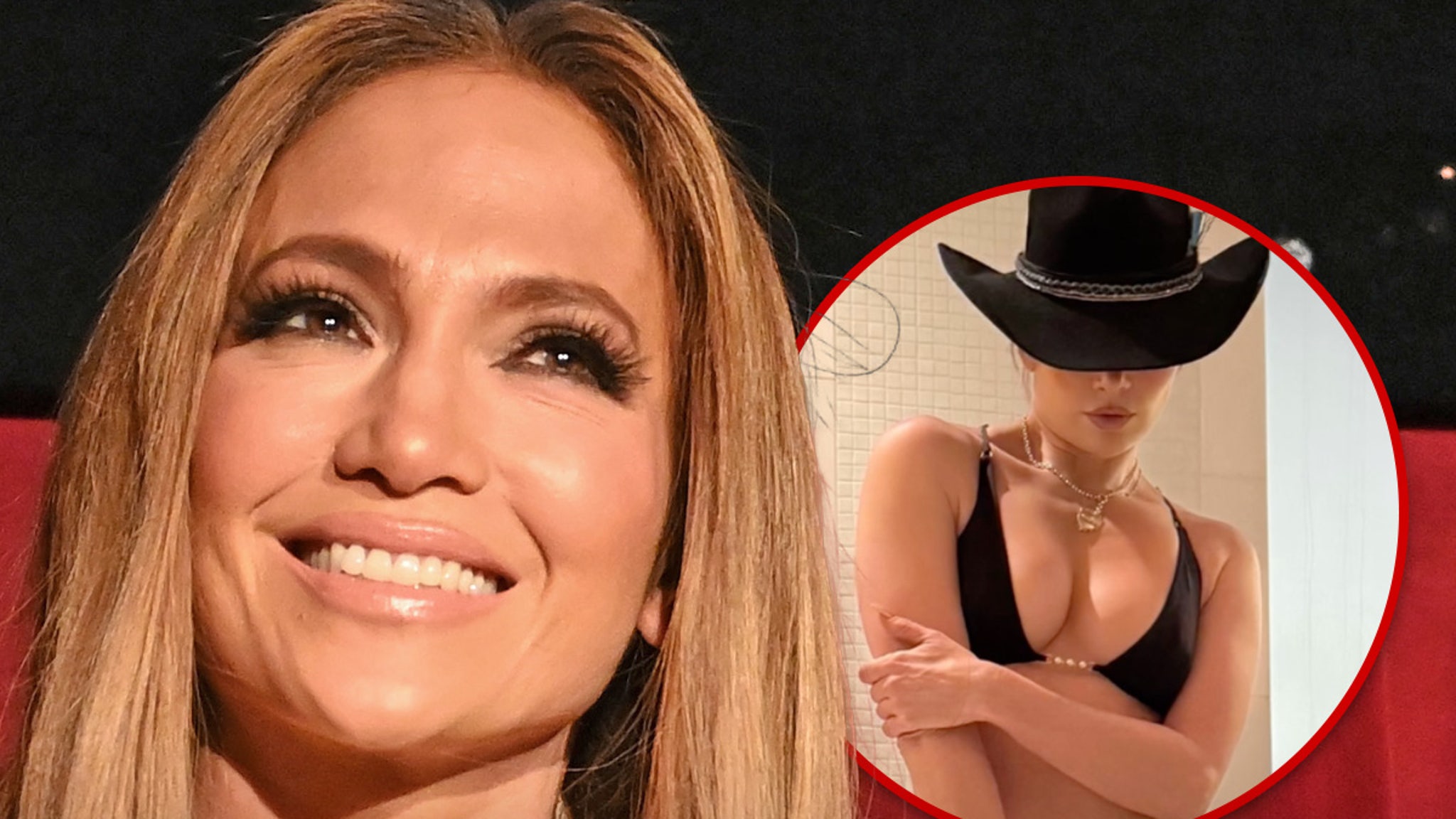









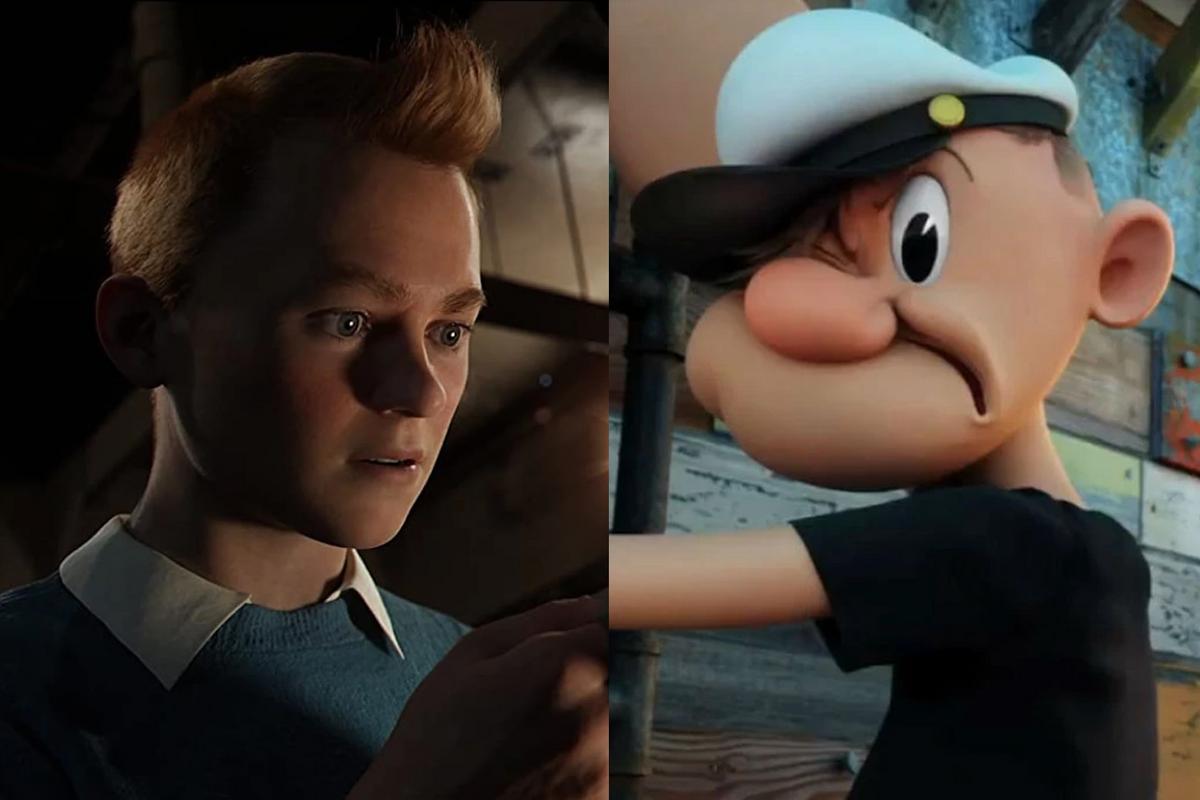






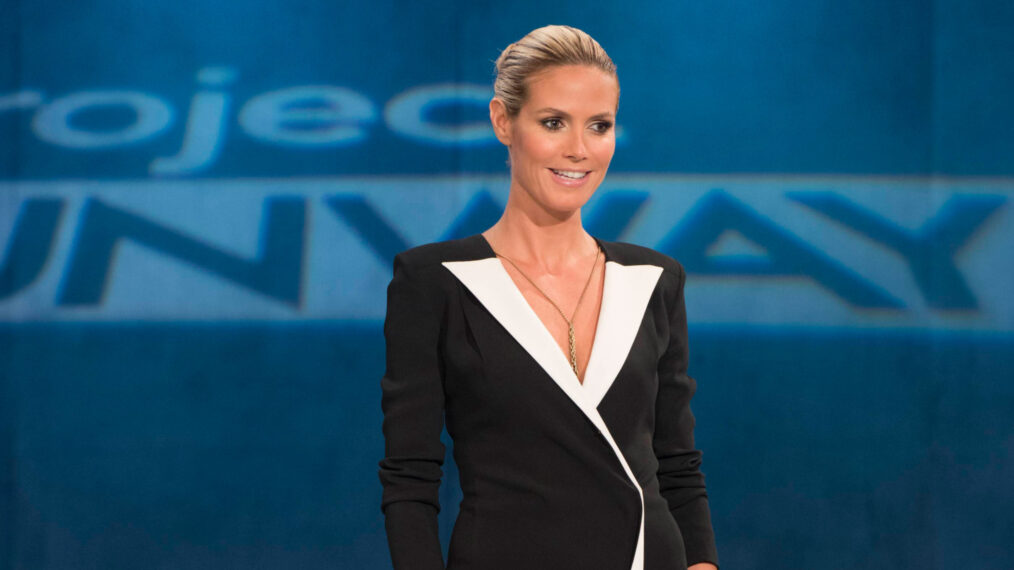















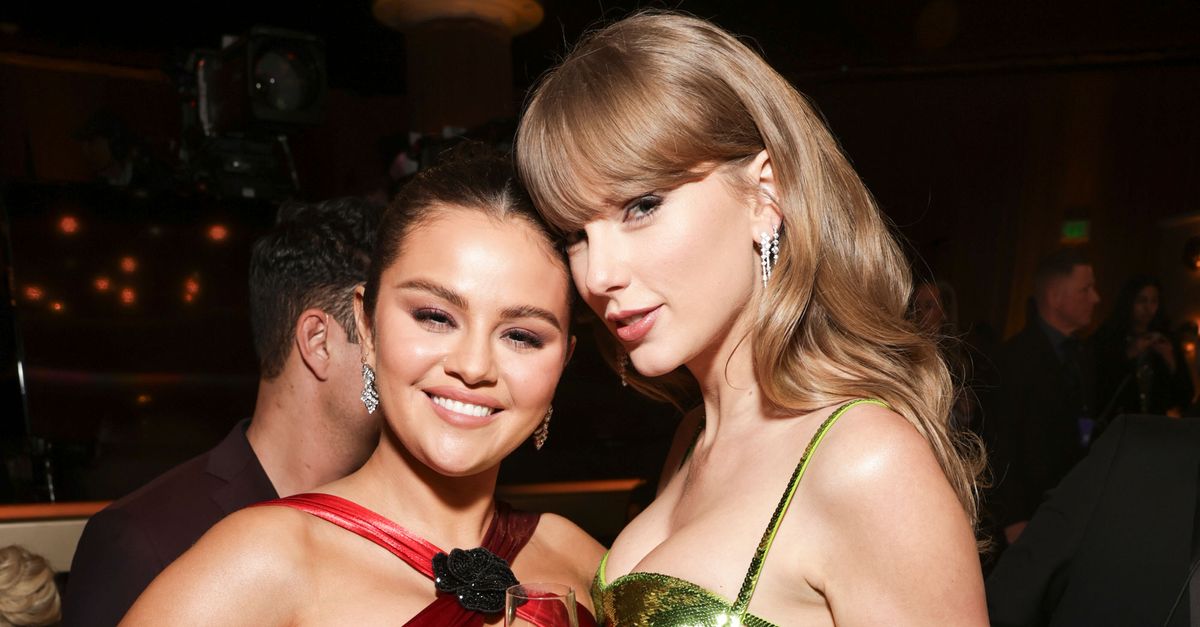
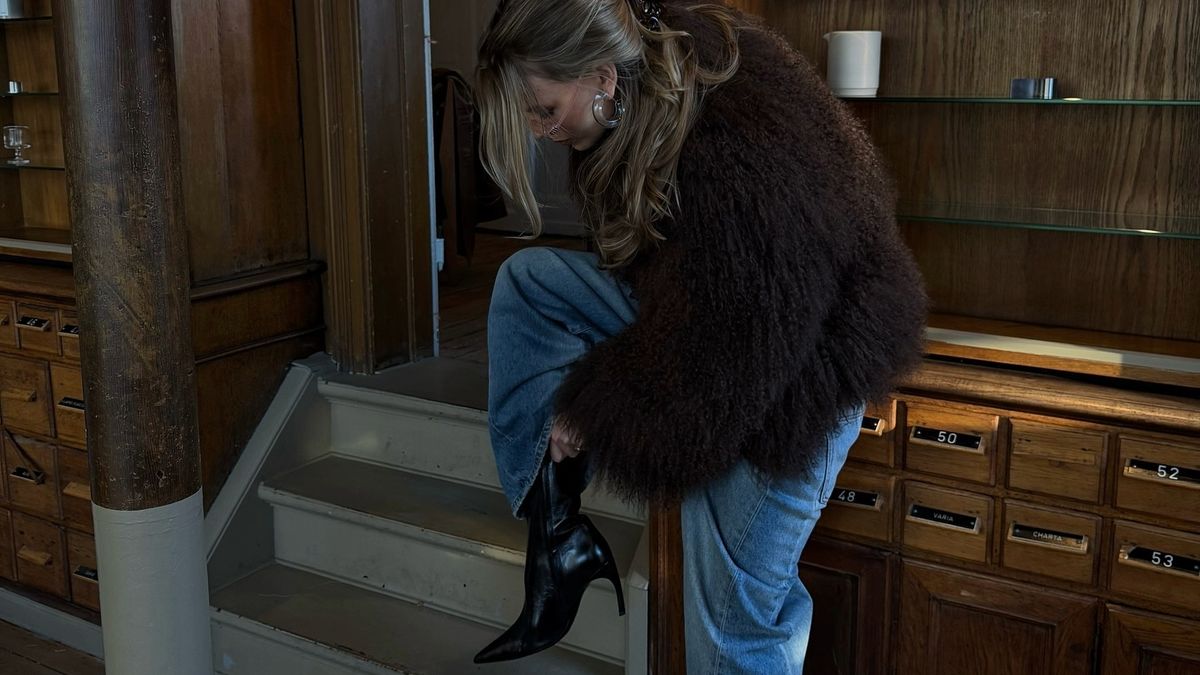
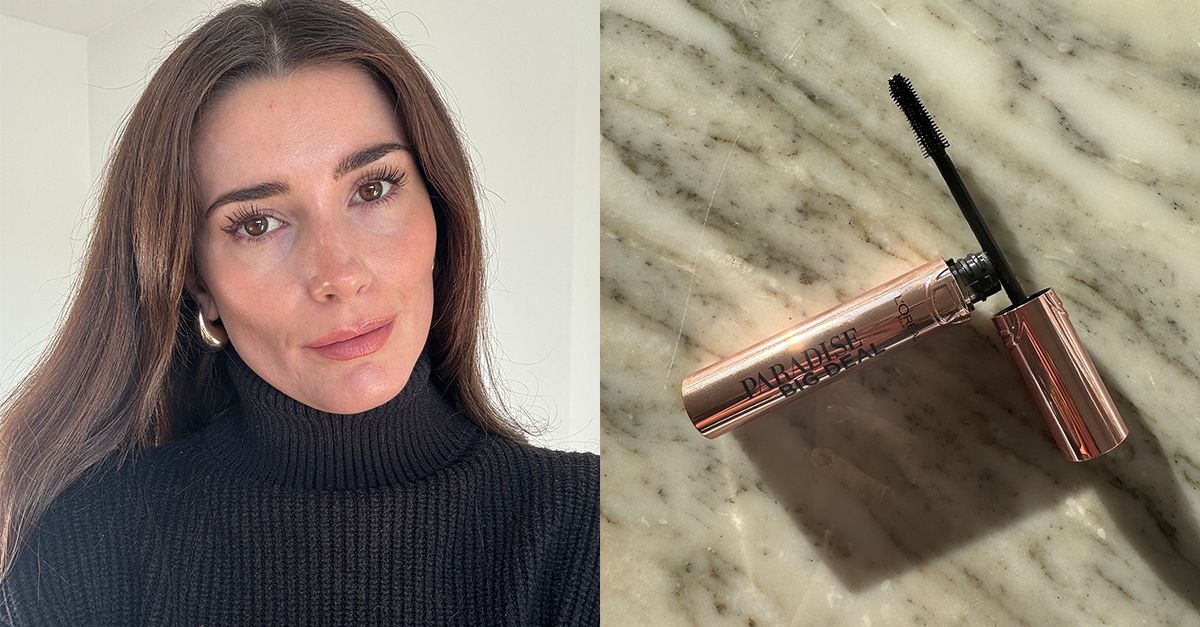
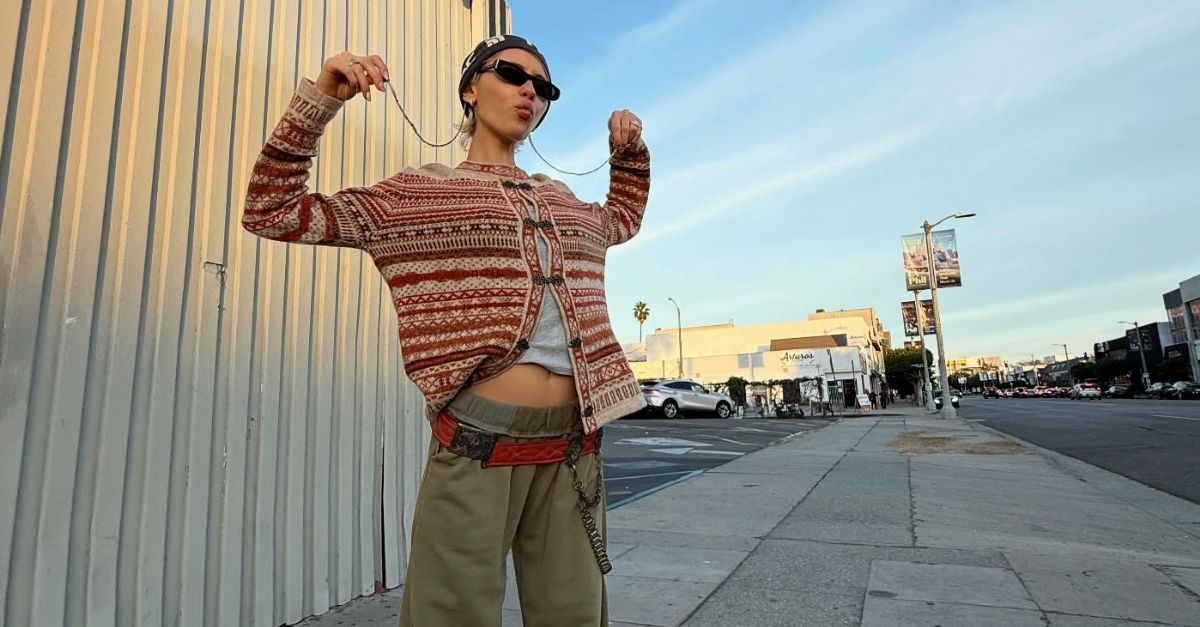
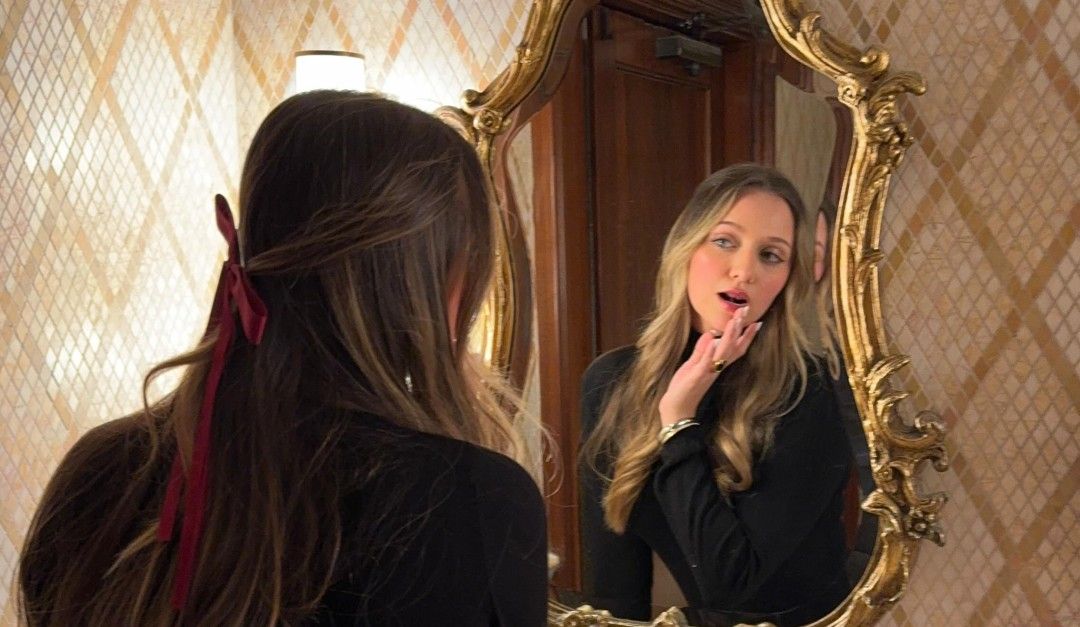


















![OneRepublic – Hurt (feat. Jelly Roll) [Official Music Video] OneRepublic – Hurt (feat. Jelly Roll) [Official Music Video]](https://i.ytimg.com/vi/pDrD73iohmA/maxresdefault.jpg)

![Bruno Mars, Anderson .Paak, Silk Sonic – Smokin Out The Window [Official Music Video] Bruno Mars, Anderson .Paak, Silk Sonic – Smokin Out The Window [Official Music Video]](https://i.ytimg.com/vi/GG7fLOmlhYg/maxresdefault.jpg)



